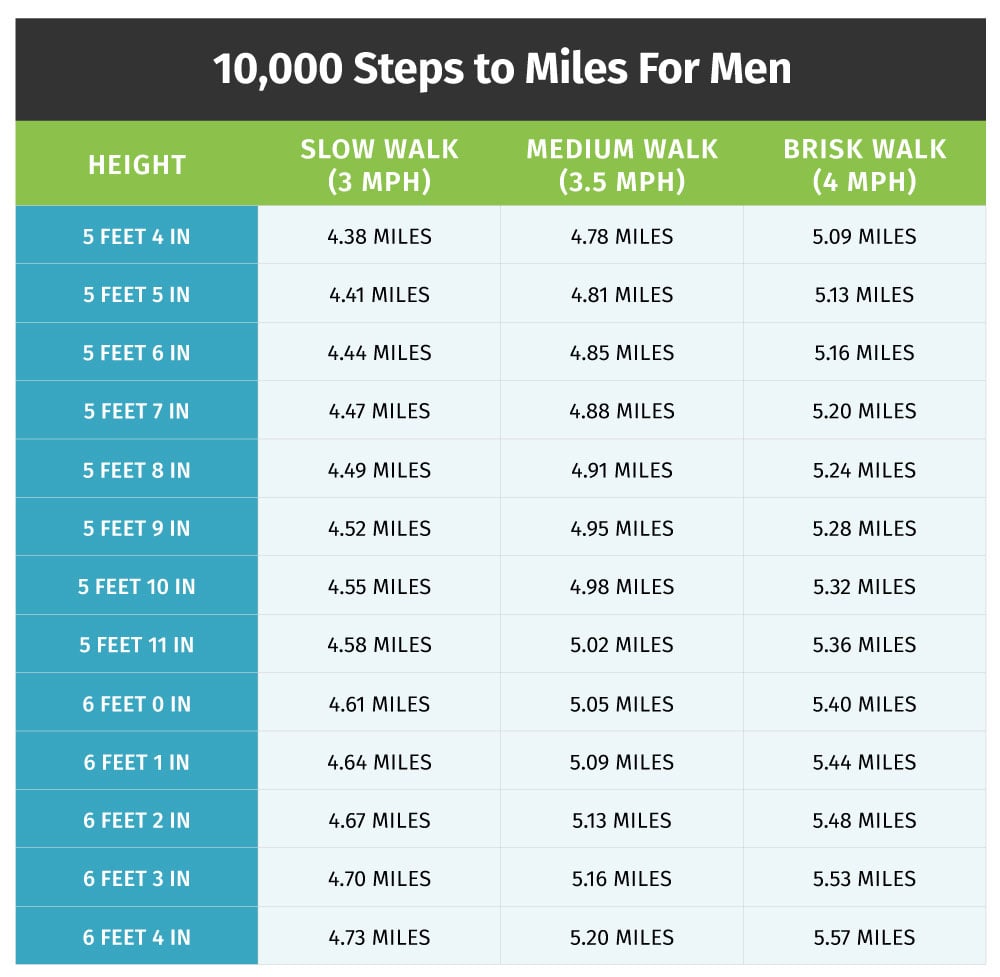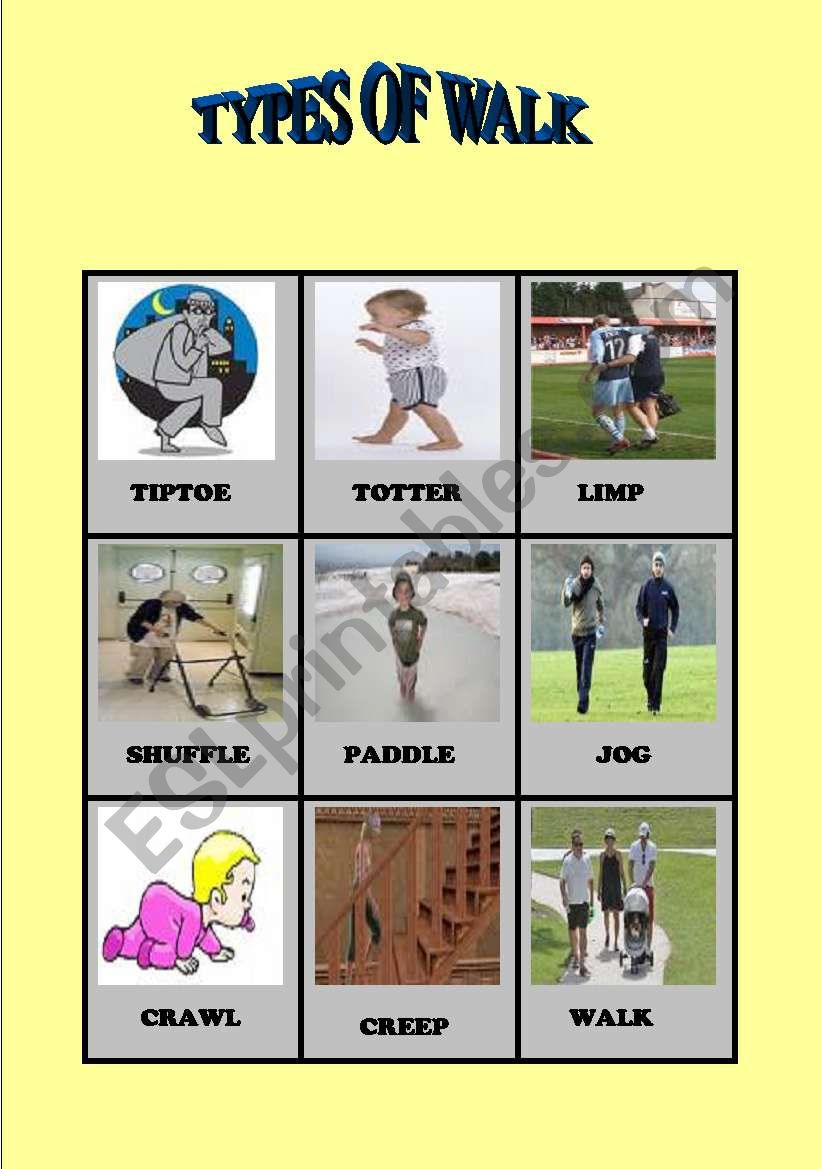What Are Walking Names?
Walking names are self-chosen monikers that individuals adopt to represent their unique identities, values, or aspirations. Historically, walking names have been used in various cultures as a means of self-expression and personal branding. For instance, Native American tribes often bestowed walking names upon their members to signify a particular achievement or character trait. Similarly, in some African cultures, walking names serve as a reflection of an individual’s life experiences or social status.
In contemporary society, walking names have gained popularity through online communities, social media platforms, and virtual worlds. These names allow users to create distinct personas, separate from their legal identities, fostering a sense of freedom and creativity. By embracing walking names, individuals can explore various aspects of their identities, experiment with self-presentation, and connect with like-minded communities.
The Art of Naming: How Walking Names Evolved Over Time
Walking names have a rich and diverse history, with their origins tracing back to ancient civilizations. In ancient Egypt, for example, individuals often held multiple names, including a “walking name” that reflected their unique identity or role within society. Similarly, in ancient Greece, heroes and mythological figures were frequently referred to by their walking names, which often symbolized their extraordinary abilities or virtues.
Throughout history, walking names have been used to signify various aspects of an individual’s life, such as their profession, social status, or personal achievements. During the European Middle Ages, walking names were often adopted by traveling performers, such as jugglers, acrobats, and minstrels, to distinguish themselves from the general population. These names, also known as “stage names” or “noms de guerre,” allowed performers to create a unique identity and build a reputation within their communities.
In more recent times, the rise of mass media and digital communication has led to an explosion of walking names in popular culture. With the advent of cinema, television, and the internet, individuals from all walks of life have embraced the use of walking names as a means of self-expression and creative freedom. Notable examples include musicians like David Bowie (born David Robert Jones) and actors like Marilyn Monroe (born Norma Jeane Mortenson), whose walking names have become synonymous with their iconic public personas.
Today, walking names continue to evolve and adapt to new forms of media and communication, reflecting society’s ever-changing cultural landscape. As technology advances and globalization continues to shape our world, the use of walking names is likely to expand and diversify, offering individuals even more opportunities to explore and express their unique identities.
How to Choose the Perfect Walking Name: A Step-by-Step Guide
Selecting a walking name can be an exciting and creative process, allowing you to express your individuality and personal style. To help you choose a walking name that is both unique and meaningful, consider the following steps:
1. Reflect on Your Personal Interests and Values
Begin by identifying the aspects of your personality, hobbies, and beliefs that you would like your walking name to represent. This could include favorite animals, colors, or activities, as well as personal qualities, values, or aspirations.
2. Research Cultural and Historical Contexts
Explore various cultural and historical traditions surrounding walking names to gain inspiration and insight into the art of naming. This may involve researching mythology, literature, or the traditions of different countries and communities.
3. Experiment with Wordplay and Puns
Consider using wordplay, puns, or other forms of linguistic creativity to make your walking name stand out. This can help to add a touch of humor and personality to your name, making it more memorable and engaging.
4. Ensure Your Walking Name Is Appropriate
While it is essential to choose a walking name that reflects your personality and interests, it is equally important to ensure that it is appropriate and respectful. Avoid names that may be offensive, insensitive, or inappropriate in various social contexts.
5. Test Your Walking Name in Different Situations
Before committing to a walking name, test it out in different social situations to see how it feels and how others respond. This can help you to determine whether the name is a good fit for your personality and lifestyle, as well as whether it is easy to pronounce and remember.
6. Make It Yours
Finally, remember that the most crucial aspect of a walking name is that it feels authentic and true to you. Embrace your walking name as an extension of your identity, and allow it to evolve and grow along with you as you navigate the fascinating world of walking names.
Walking Names in Pop Culture: A Closer Look
Walking names have long been a staple of popular culture, gracing the pages of literature, the silver screen, and the airwaves of music. By examining the use of walking names in various forms of media, we can gain a deeper understanding of their appeal and impact on society.
Literature
Throughout literary history, authors have employed walking names to add depth and intrigue to their characters. For instance, J.K. Rowling’s Harry Potter series features a host of walking names, such as Albus Dumbledore, Severus Snape, and Remus Lupin, which not only reflect each character’s personality and backstory but also contribute to the magical atmosphere of the story.
Film
In cinema, walking names have been used to great effect in creating memorable and iconic characters. Films like The Matrix (Neo), Star Wars (Luke Skywalker), and The Lord of the Rings (Frodo Baggins) have all featured walking names that have become synonymous with their respective franchises and have left lasting impressions on audiences worldwide.
Music
The world of music is no stranger to walking names, with countless musicians and bands adopting monikers that reflect their unique identities and artistic visions. From David Bowie’s Ziggy Stardust to Lady Gaga’s various personas, walking names in music have allowed artists to explore different aspects of their personalities and to connect with their fans on a deeper level.
Trends and Patterns
Upon closer examination, several trends and patterns emerge in the use of walking names in popular culture. For example, many walking names are rooted in mythology, folklore, or historical traditions, reflecting society’s fascination with the past and the fantastical. Additionally, walking names often serve as a form of escapism, allowing individuals to temporarily step outside of their everyday lives and embrace new identities and experiences.
The Appeal of Walking Names
The appeal of walking names in pop culture can be attributed to several factors, including their ability to evoke emotion, spark imagination, and foster a sense of community. By adopting a walking name, individuals can align themselves with a particular artist, character, or movement, expressing their own unique identities and connecting with like-minded individuals.
The Psychology Behind Walking Names: Understanding the Impact
Walking names can have a profound impact on an individual’s self-perception, motivation, and self-esteem. By adopting a walking name, individuals can create a distinct identity that reflects their personal values, interests, and aspirations. This new identity can, in turn, influence how they view themselves and how they interact with the world around them.
Building Self-Confidence
For some, walking names can serve as a source of empowerment and self-confidence. By choosing a name that represents a desired aspect of their personality or a goal they wish to achieve, individuals can tap into a sense of inner strength and determination. This newfound confidence can then spill over into various aspects of their lives, leading to increased motivation and success.
Exploring Identity
Walking names can also provide a unique opportunity for self-discovery and exploration. By adopting a new identity, individuals can step outside of their comfort zones and experiment with different aspects of their personality. This process can lead to valuable insights and a deeper understanding of one’s true self, fostering personal growth and self-awareness.
Navigating Social Dynamics
In certain social situations, walking names can help individuals navigate complex social dynamics and establish a sense of belonging. For example, online communities often rely on walking names to create a shared identity and foster a sense of camaraderie among members. By adopting a walking name, individuals can align themselves with a particular group or subculture, enhancing their sense of connection and belonging.
Potential Drawbacks
While walking names can offer numerous benefits, it is essential to be aware of potential drawbacks. For some, the adoption of a walking name may lead to a sense of detachment from their true identity or a loss of self. Additionally, walking names can sometimes be misused or misunderstood, leading to confusion or miscommunication in social situations. To mitigate these risks, it is crucial to approach the selection and use of walking names with thoughtfulness and care.
Walking Names vs. Legal Names: Navigating the Distinctions
Walking names and legal names serve different purposes and are used in various contexts. Understanding the distinctions between these two types of names can help individuals navigate social situations and ensure clear communication. By clarifying common misconceptions and concerns, we can promote respect and understanding for the diverse names people choose to use.
Defining Legal Names
A legal name is the name that appears on official documents, such as birth certificates, passports, and driver’s licenses. This name is typically given at birth or adopted through a legal process, such as marriage or court order. Legal names are used for official identification and are recognized by governments, financial institutions, and other formal entities.
Understanding Walking Names
Walking names, also known as chosen names, pen names, or stage names, are names that individuals adopt for personal or professional reasons. These names may reflect an individual’s interests, values, or aspirations and are often used in informal or online settings. Walking names can provide a sense of identity, empowerment, and self-expression, allowing individuals to explore different aspects of their personality.
Navigating Social Situations
When interacting with others, it is essential to be mindful of the names people prefer to use and to respect their choices. If someone introduces themselves with a walking name, it is appropriate to use that name during the interaction. However, if you are unsure which name to use, simply ask the individual for their preference. By demonstrating respect and understanding for the names people choose, you can foster positive and inclusive social dynamics.
Addressing Misconceptions and Concerns
Some common misconceptions and concerns surrounding walking names include the belief that they are fake, dishonest, or intended to deceive. However, walking names are often adopted as a means of self-expression and personal growth, rather than as a form of deception. By acknowledging the value and significance of walking names, we can dispel these misconceptions and promote a more inclusive and diverse community.
The Future of Walking Names: Trends and Predictions
As technology, social media, and globalization continue to shape our world, the landscape of walking names is likely to evolve in new and exciting ways. By considering emerging trends and potential developments, we can anticipate the future of walking names and the role they will play in our increasingly interconnected society.
Technological Advancements
Technological innovations, such as virtual reality, artificial intelligence, and voice recognition, are likely to impact the use and creation of walking names. As these technologies become more integrated into our daily lives, individuals may adopt walking names that are specifically designed for digital environments, allowing them to explore new aspects of their identity and connect with others in unique and meaningful ways.
Social Media Influence
Social media platforms have already had a significant impact on the popularity and use of walking names. As these platforms continue to grow and evolve, they will likely continue to shape the way we think about and engage with walking names. For example, the rise of influencers and content creators who use walking names may inspire others to adopt their own walking names, fostering a sense of community and shared identity.
Globalization and Cultural Exchange
Globalization and cultural exchange will also play a role in the future of walking names. As people from different backgrounds and traditions come together, they will bring with them unique naming practices and customs, enriching the world of walking names and promoting cross-cultural understanding. By embracing and celebrating this diversity, we can foster a more inclusive and interconnected world.
Preparing for the Future
To prepare for the future of walking names, it is essential to stay informed about emerging trends and developments. By understanding the potential impacts of technology, social media, and globalization, we can make informed decisions about how to engage with walking names and ensure that they continue to serve as a source of self-expression, empowerment, and connection for individuals around the world.
Embracing Your Walking Name: A Path to Self-Discovery and Empowerment
Adopting a walking name can be a powerful and transformative experience, providing individuals with the opportunity to explore their identity, express their values, and connect with like-minded individuals. By embracing your walking name, you can embark on a journey of self-discovery and empowerment, unlocking your full potential and cultivating a sense of purpose and meaning in your life.
The Power of Self-Expression
Walking names offer a unique opportunity for self-expression, allowing individuals to create a name that reflects their personality, interests, and aspirations. By choosing a walking name that resonates with your true self, you can express your individuality, foster creativity, and cultivate a sense of pride and confidence in your identity.
Building Community and Connection
Walking names can also serve as a powerful tool for building community and connection. By adopting a walking name, you can align yourself with others who share your interests, values, and passions, fostering a sense of belonging and shared identity. This connection can lead to meaningful relationships, collaborations, and support networks, enriching your life and providing a sense of purpose and meaning.
Navigating Social Situations
When using your walking name in social situations, it is essential to be mindful of the context and the expectations of those around you. While it is important to remain true to yourself and your identity, it is also crucial to be respectful of others and their preferences. By finding a balance between self-expression and social etiquette, you can navigate social situations with grace and confidence, fostering positive and inclusive interactions.
Encouraging Respect and Understanding
To create a more inclusive and diverse community, it is essential to encourage respect and understanding for the walking names of others. By acknowledging and validating the identities and experiences of those around you, you can foster a culture of empathy, compassion, and open-mindedness. This culture can, in turn, promote personal growth, self-expression, and connection, enriching the lives of individuals and communities alike.








